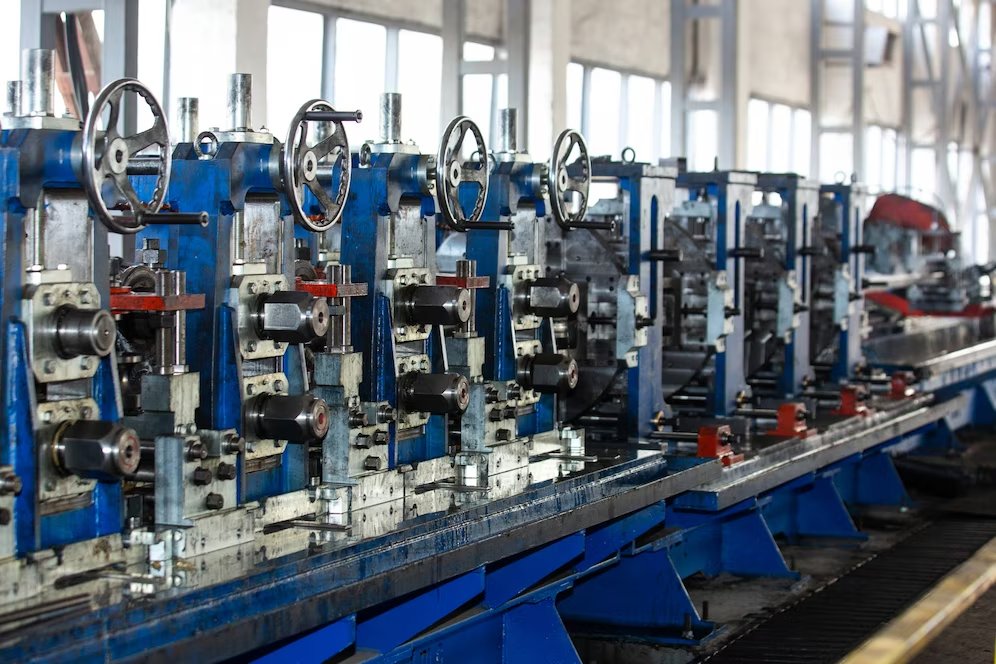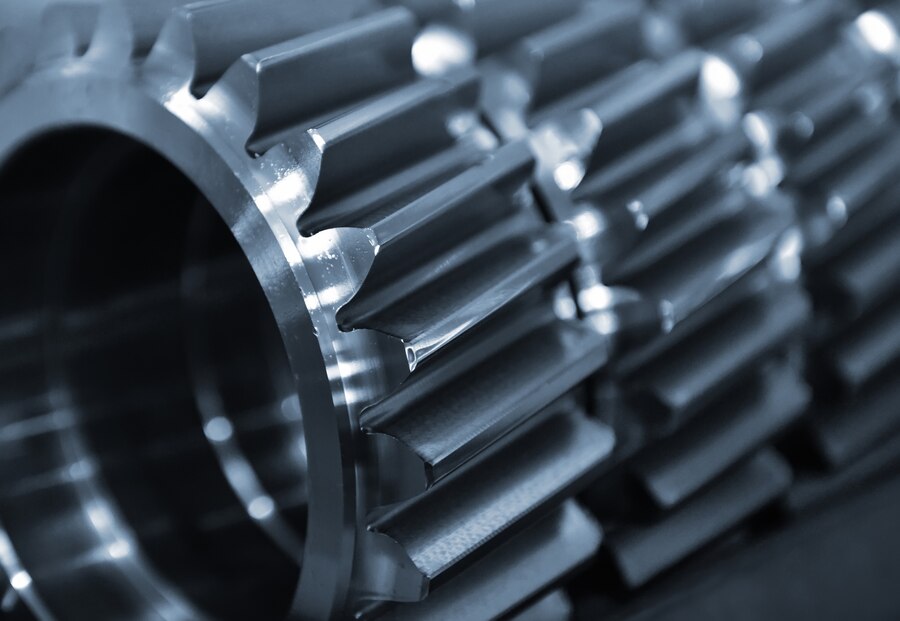As one of the core equipments of modern industry, the performance and reliability of electric motors are crucial for the long-term operation and maintenance of the equipment. In electric motors, insulating materials play a crucial role, which can not only ensure the electrical isolation between the internal components of the motor, but also withstand various stresses and environmental factors during the operation of the motor. Therefore, the selection and application of motor insulation materials is particularly important.
Performance requirements of motor insulation materials
Selection and application of motor insulation materials need to meet a series of performance requirements to ensure that the motor in the normal operation of the process has good insulation properties and stability. Specifically, motor insulation materials should have the following performance requirements:
Insulation resistance: insulation materials should have high insulation resistance to reduce the possibility of current leakage within the motor to ensure the normal operation of the motor.
Voltage strength: the insulation material should be able to withstand the motor operating voltage and possible overvoltage, to avoid insulation breakdown due to high voltage.
Heat resistance: the motor will produce a certain amount of heat in the operation process, the insulation material should have good heat resistance, can maintain stable performance in high temperature environment.
Chemical corrosion resistance: motor insulation materials should have a certain degree of chemical corrosion resistance, able to resist the motor may exist within the chemical media and moisture and other environmental factors of erosion.
Mechanical strength: the insulating material should have a certain mechanical strength, able to withstand the vibration and mechanical stress during the operation of the motor.
Aging resistance: motor insulation materials should have good aging resistance, to maintain stable performance in the long-term operation.

Types of motor insulation material selection
Motor insulation materials of various types, according to the different properties and uses of materials, can be divided into the following categories:
Insulating paper: insulating paper is one of the commonly used insulating materials in the motor, with good insulation properties and heat resistance. It is mainly used for isolation and support between motor windings.
Insulating Varnish: Insulating Varnish is a kind of insulating material coated on the surface of motor parts with good insulating properties and adhesion. It is mainly used for coating and impregnation of motor windings to improve the insulating properties and mechanical strength of the windings.
Insulating Tape: Insulating tape is a kind of tape insulating material with good insulating property and adhesion. It is mainly used for wrapping and fixing the motor winding to improve the overall stability and insulation of the winding.
Insulating Sleeve: Insulating sleeve is a tubular insulating material used to insulate and protect the wires inside the motor. It has good insulating properties and abrasion resistance, and can effectively prevent short-circuiting and abrasion between wires.
When selecting motor insulation materials, it is necessary to comprehensively consider the performance characteristics and scope of application of various materials according to the specific working conditions and requirements of the motor. For example, in the high-temperature environment, the motor should be selected with excellent heat-resistant insulating materials; in the humid environment, the motor should be selected with good chemical corrosion-resistant insulating materials.

Application of motor insulation materials in the process of attention
In the process of application of motor insulation material, it should pay attention to the following aspects:
Correct material selection: the type of work condition and requirement of motor will decide the type of insulation materials to be selected so that the performance of the material should be capable of meeting the operational requirement of the motor.
Reasonable use of materials: In using the insulation material, process requirement and operation method should be followed to ensure that materials are used properly and standardly. For example, when coating insulating varnish, the uniformity and thickness of coating should be controlled to avoid over thickness or over thinness in coating.
Strict quality control:The application of motor insulation materials shall be implemented in such a way that all applied materials are rigidly in accordance with the relevant standards and requirements. The performance of motor insulation materials shall be tested along with regular maintenance so that problems appearing may be detected and treated in time.
Reasonable material storage and transportation: during storage and transportation, the motor insulation material should pay attention to moisture-proof, dustproof, and sun-proof to avoid dampness, pollution, or destruction of the material. Moreover, it should avoid over-bending or extrusion in storage and transportation so as not to affect its performance and use.
Conclusion
Motor insulation materials in selections and applications can significantly affect the performance and reliability of a certain motor. In choosing motor insulation materials, needs consideration of performance requirements, choice type, attention applied in the process-are all to be done comprehensively. Reasonable selection, usage, and control of the storage and transportation quality are capable of ensuring stability and reliability in the operation of motor insulation materials, prolonging the operating life of motors, and thereby improving the overall performance of related equipment. In actual application, it is also necessary to constantly summarize the experience and lessons learned and, on this basis, continuously optimize and improve the selection and application methods of motor insulation materials to adapt to the ever-changing working environment and needs.